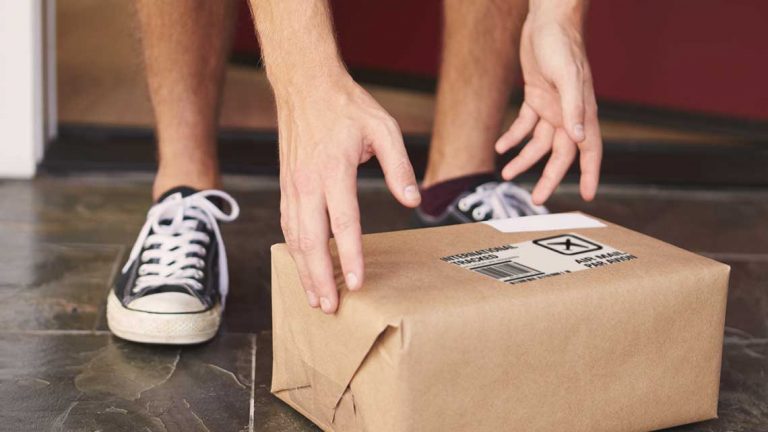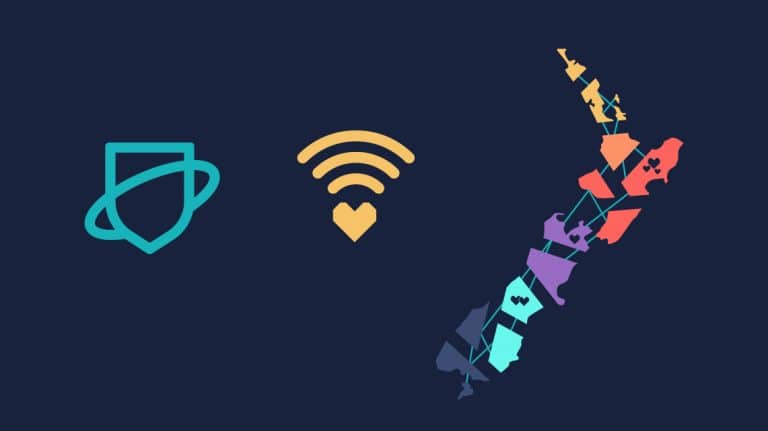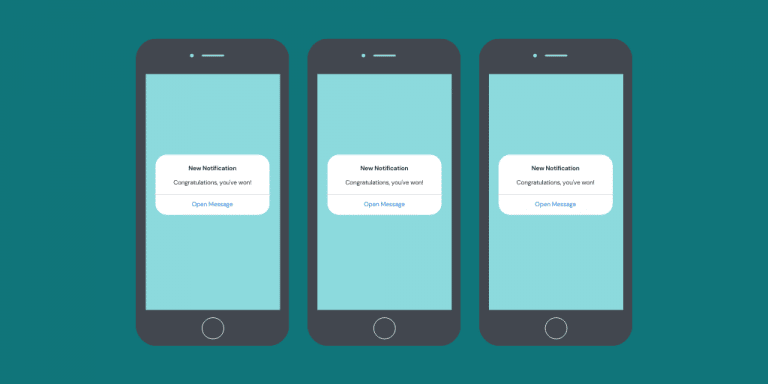Understanding influencer scams
People with large social media followers or a public presence are increasingly being contacted by companies or representatives to collaborate in exchange for a commission or free products. These offers are often genuine, although Netsafe is receiving more frequent reports from people being caught out in a scam. Read how brand ambassador or influencer offers could…

People with large social media followers or a public presence are increasingly being contacted by companies or representatives to collaborate in exchange for a commission or free products. These offers are often genuine, although Netsafe is receiving more frequent reports from people being caught out in a scam. Read how brand ambassador or influencer offers could find you supporting fake shopping websites or unknowingly caught up in a scam.
What is an influencer scam
With so many brands turning to influencers to help them advertise their products or services, some influencers are being scammed. Scammers often target influencers because most assume they are sole operators and are an easier target. Influencer fraud involves working with scammers who have purported to be from a certain organisation looking to collaborate on a post or activity as a way of getting your money or personal details.
How to verify an influencer offer
If you are approached about an opportunity to collaborate, there are some steps you can take to check the offer:
- Verify the offer with the brand itself. Most organisations will have another channel (e.g. a phone number, email address, another social account) to confirm that contact was legitimate.
- Check the brand’s main website. Do they list contact details and a returns policy for your followers if they need to return any items that they’ve purchased? The Domain Name Commission has built a fake webshop to help you see some of the common signs of an online shopping scam.
- Confirm the offer with a phone call – most scammers will shy away from the phone.
- Check for reviews online – there may be online reviews from other people who have fallen for the same or a similar scam.
How to stay safe
If you’re asked for credit card information to pay for shipping, this is likely a scam – most legitimate companies would also pay for shipping. If you’d still like to go ahead with their offer, the safest way to pay is through a prepaid card (e.g. Prezzy Card) that has a fixed balance. The Advertising Standards Authority has created guidance for influencers around advertising and your responsibilities
If something goes wrong
If you have shared card details, you’ll need to contact your bank and replace your cards. If you lost money on a credit card, you might also be able to apply for a chargeback. Not all chargeback requests are successful. Most bank will have a 60-day limit from the time of purchase. You can read more about chargebacks on the Consumer website.
Report the seller’s accounts and messages to the platform
If you have shared any personal details, you could be a target of identity theft. This Identity Theft Checklist from the Department of Internal Affairs is a helpful guide on what could happen with your information. If you believe you were exposed to identity theft, we suggest you contact iDCare as they can provide free help and support.
REPORT A SCAM
Netsafe can’t open investigations or track scammers, but we can offer support and advice for people who have lost money in a scam or think they are about to. This includes letting you know the steps you can take and giving you advice about how to stay safe in future. You can report a scam to www.netsafe.org.nz/report.
Our team is available from 8am – 8pm Monday to Friday and 9am – 5pm on weekends
KEEP UP TO DATE
Follow us on social media and sign up to our enewsletter for alerts, news and tips.







